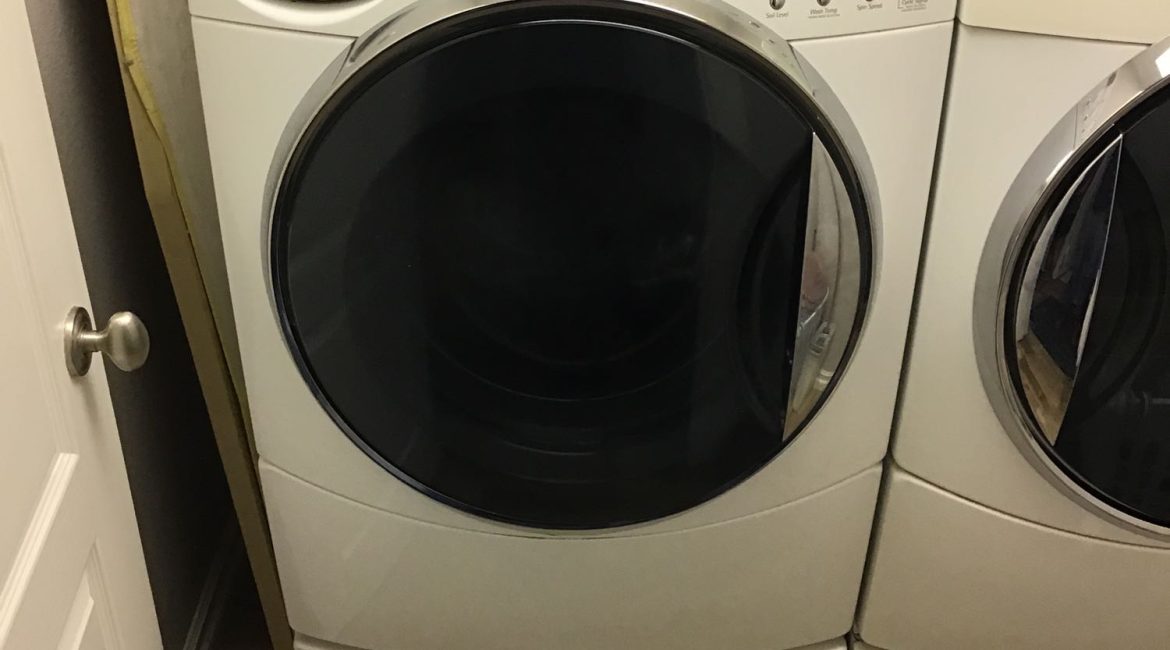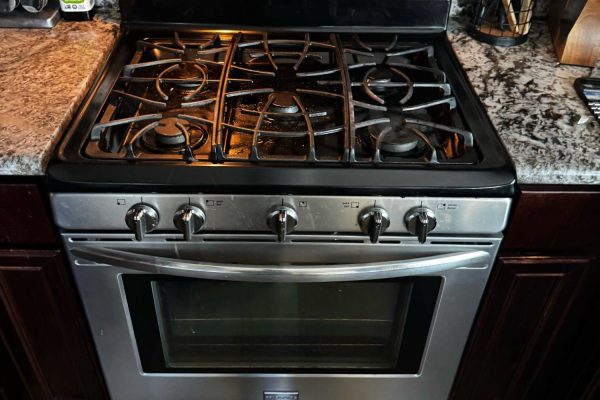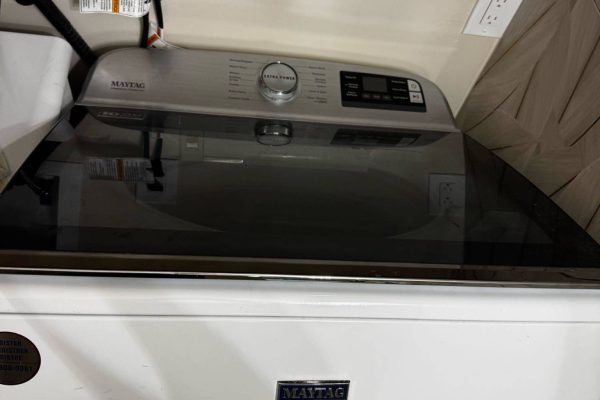Modern washing machines and dishwashers are designed to work efficiently with carefully measured amounts of detergent. While it may seem logical that adding more soap ensures cleaner clothes or dishes, the opposite is often true. Excess detergent can lead to a range of malfunctions, including buildup in the dispenser tray and foam overflow inside the machine. Both issues not only compromise performance but also shorten the lifespan of your appliance. Understanding how these problems arise can help you prevent costly repairs and maintain your machine in top condition.
The Problem with Too Much Detergent
Detergent is formulated to break down dirt, grease, and stains. However, appliances are engineered to handle only a precise amount of soap per cycle. When you exceed that limit, the excess detergent doesn’t fully dissolve or rinse away. Instead, it accumulates in areas such as the dispenser tray, hoses, and drum. This buildup eventually hardens, leading to clogs, sticky residue, and foul odors.
Another common issue caused by overuse of detergent is foam overflow. Washing machines and dishwashers rely on specific water levels and controlled agitation to clean effectively. Excessive suds disrupt this balance, preventing proper rinsing and causing sensors or pumps to malfunction. In some cases, foam can even leak out of the appliance, damaging floors and nearby furniture.
Signs of Detergent Overuse
Appliances often give subtle signs that too much detergent is being used. These include:
- Residue or slimy buildup in the detergent dispenser.
- Visible suds left inside the machine after the cycle ends.
- Clothes or dishes that feel soapy or have streaks.
- Unusual noises during operation caused by pumps struggling against foam.
- Leaks around the door or base of the appliance.
- Persistent odors despite regular cleaning.
Ignoring these signs can lead to more serious malfunctions, such as clogged drain pumps, blocked hoses, or sensor failures.
Long-Term Damage
Beyond immediate performance issues, using too much detergent can damage internal components of your machine. Dispenser trays may become jammed, pumps can wear out prematurely, and electrical sensors may fail due to moisture or residue buildup. These repairs can be expensive, and in severe cases, the machine may need to be replaced entirely.
Preventing Detergent-Related Malfunctions
The simplest way to avoid detergent-related problems is to follow manufacturer recommendations for detergent dosage. High-efficiency (HE) machines, in particular, require far less soap than traditional models. Using a measuring cup instead of guessing ensures accuracy.
Other tips include:
- Choose the right detergent for your machine type (HE detergent for HE appliances).
- Regularly clean the detergent dispenser to prevent buildup.
- Run a maintenance cycle with hot water and a cleaning solution (such as vinegar or a specialized cleaner) to remove residue.
- Avoid mixing different types of detergents.
What to Do If Damage Occurs
If your appliance is already experiencing problems from detergent overuse—such as clogged dispensers, foam overflow, or drainage issues—it’s best to call a professional technician. Attempting to fix these problems without proper training may worsen the damage. An experienced repair service can identify the extent of the issue, clean and repair clogged components, and restore your appliance to optimal function.
While detergent is essential for cleaning, too much of it can do more harm than good. Buildup in the dispenser or foam overflow are common issues caused by overuse, both of which can reduce efficiency and damage your machine. By using detergent responsibly and scheduling timely maintenance, you can extend the life of your appliance and ensure reliable performance.
If your washing machine or dishwasher is already struggling due to detergent buildup or foam-related issues, don’t wait until the damage becomes irreversible. Contact Poway Appliance Repair Service Center today. Our experienced technicians specialize in diagnosing and repairing detergent-related malfunctions, helping you save time, money, and stress. Call us now and let us bring your appliance back to perfect working order.
Contact us


